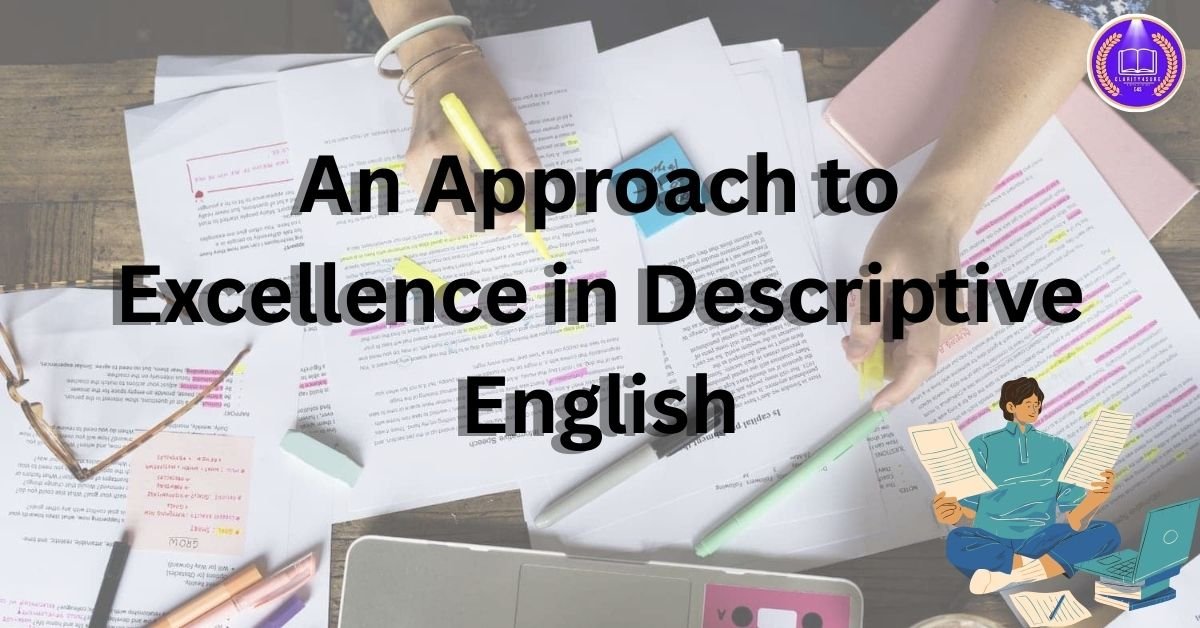
Aims for Tax Justice
India should have an ambitious tax justice plan in which the richest Indians are asked to return a portion of their wealth to fund public services like education and health. The productivity gap cannot be closed by making dismissing workers easier; it must come from such an ambitious plan.
Ideal Income-Tax Slab for the Rich
- The trouble is that it is a set of the very rich do not declare much income.
- It could actually raise a good amount of money even on a 2% tax on some of the top billionaires around.
- India is already aspiring to be a developed country by 2047 but, by per capita income is ranked 141st of the countries.
Tax Revenue in India - In terms of India’s current GDP, it stands around 13-14% as a total tax revenue.
- That is little money with which so much more should be purchased and funded: education, police, justice, infrastructure.
- India should take this turn considerably.
Opposition of Income Tax Statistics
- Income tax statistics is wrong said one, it is not an appropriate statistic to measure a country which has a wide informal economy and only 100 million people pay their taxes.
- Combine all sources of data into a single integrated source, that is: household survey, consumption survey, employment survey, labour survey.
- They assert that income-tax data will be always better than what is obtained in the survey; the rich do not just show up in self-reported surveys.
Impact on Inequality Due to AI
- Public regulation on AI will determine the effects of AI on inequality.
- The author is not a fan of Marx or Keynes, but is here to learn, help, and discuss.
Views of Chief Economic Advisor V Anantisha Nageswaran on Capital Taxation
- Nageswaran claims that taxing less capital is not going to bring more investments but more will push capital away.
- He also rejected the concept of “billionaire tax” by economist Thomas Piketty and said that not all problems can be solved through fiat.
- He believes that ensuring contribution towards nation-building by the rich and all people according to their ability is a challenge.
- Nageswaran emphasizes the equality of access and opportunity in public policy, arguing that enforcing equality through regulation hurts micro and small businesses more.
- He emphasizes that policy experts need to know about asymmetric effects of public policy and the law of unintended consequences.
- Piketty argues that countries have become rich by reducing inequalities, not exploiting resources.
















